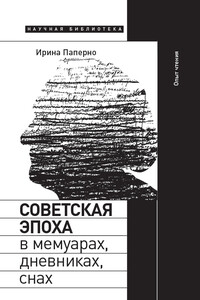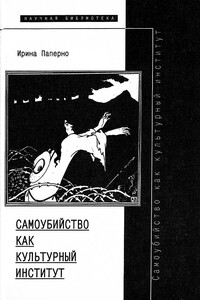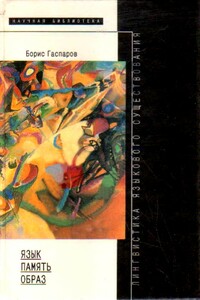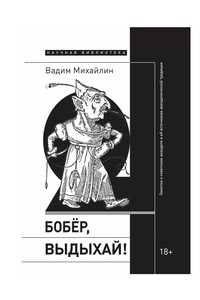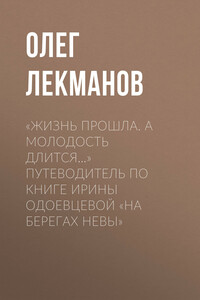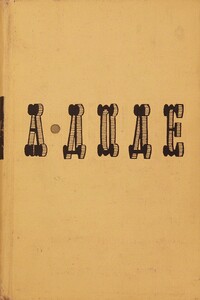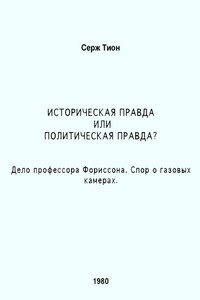Елена Михайлик — филолог, историк культуры, поэт. Ph. D., преподаватель Университета Нового Южного Уэльса (Сидней, Австралия).
Марина Раку — кандидат искусствоведения, старший научный сотрудник сектора музыки Государственного института искусствознания, доцент Российской академии музыки им. Гнесиных, заведующая музыкальной частью Московского театра «Мастерская П. Фоменко».
Станислав Савицкий — Ph.D., филолог, историк культуры, арт-критик. Работает в Смольном институте свободных искусств и наук. Автор книг «Андеграунд. История и мифы ленинградской неофициальной литературы» (М.: НЛО, 2002), «Прогулки за искусством: Ленинград — Москва — Свердловск» (СПб.: Про Арте & ГЦСИ, 2008, совместно с Г. Ершовым), статей по истории младоформализма и советской культуры.
Александр Семенов — Ph. D., преподаватель Смольного института свободных искусств и наук, редактор международного научного журнала «АЬ Imperio».
Лоран Тевено (Laurent Thévenot) — социолог, профессор Высшей школы социальных наук (École des Hautes Études en Sciences Sociales (EHESS)), научный сотрудник Национального института статистики и экономических исследований (Institut National de la Statistique et des Etudes Economiques (CREST)). Живет и работает в Париже.
Балаж Тренчени (Balázs Тrcncsényi) — историк, преподаватель исторического факультета Центрально-Европейского университета (Department of History, Central European University) и содиректор Центра исторических исследований этого университета. Редактор журнала «East Central Europe» и венгерского культурологического журнала «2000». Соредактор сборников: Discourses of Collective Identity in Central and Southeast Europe (1775–1945): Texts and Commentaries. Volume I: Late Enlightenment. Emergence of the Modern «National Idea» (2006), Volume II: National Romanticism. The Formation of National Movements (2007); Narratives Unbound: Historical Studies in Post-Communist Eastern Europe (2007).
Михаил Ямпольский — историк культуры, философ, киновед. Доктор искусствоведения, профессор Нью-Йоркского университета. Лауреат Премии Андрея Белого за 2004 год (в номинации «Гуманитарные исследования»).
Сергей Яров — историк, доктор исторических наук, ведущий научный сотрудник Санкт-Петербургского института истории РАН, профессор Европейского университета в Санкт-Петербурге и Российского государственного педагогического университета им. А. И. Герцена (Санкт-Петербург).
SUMMARY
Mikhail Iampolsky (New York University). «Revolution as an Event of Meaning». Revolution (for people involved in it) is usually a combination of a meaningless chaos and of new aggressive significations. Some theoreticians — Alain Badiou and Henri Lefebvre among them — have applied to revolution a model of a momentary transformation of chaos into a meaningful Gestalt. In his essay lampolski critically analyses this model and suggests that a better approach is possible. He claims that the model of expressivity developed by Spinoza is more adequate for the description of a dramatically changing reality. Reality expresses itself but doesn’t offer to the gaze of a distant observer any unifiable image.
Hans Ulrich Gumbrecht (Stanford University). «How Anthropological is Time? (About „Effects of Revolution“ in Different Chronotopes)». Revolutions, thus the main and deliberately anti-Marxist thesis of this essay, cannot belong to the ontologically «objective» dimension of «real» historical events — but are a type of experience/perception shaped by the historically specific «chronotope» that we are (or rather: we used to be) living in. There is nothing unusual — let alone disrespectful — in this observation: all of our experiences/perceptions of the past depend upon a configuration of chronotopes, i.e. an interference between the past chronotope and the present chronotope, under which they emerge — with «chronotope» being a phenomenological interpretation of the concept Bakhtin was referring to with this predicate. If «Revolution» was a type of experience due to and typical of the «historicist» chronotope as it had emerged in the early 19th century (Darwinian Evolutionism and Hegelian Philosophy of History being its most salient products), we may today no longer see and shape historical discontinuities in the same way — because, thus the second most important hypothesis of this essay, the historicist chronotope may have imploded and vanished, somehow «while our backs were turned,» during the third quarter of the 20th century.
